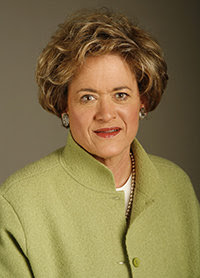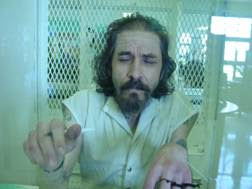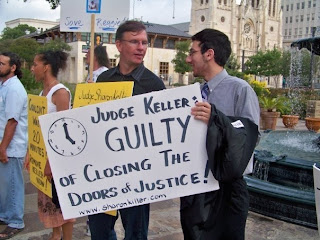Already more than 400 people have signed the online petition and sent an email to Rosemary Lehmberg. You can sign your name and send the letter as it is written, you can edit the letter to add or change some of the words, or you can delete all the current text and write a letter in your own words.
David Powell is on death row in Texas for the murder of a police officer, Ralph Ablanedo, committed 32 years ago in the state capital, Austin. Twenty-seven years old at the time of the crime, David Powell is now 59. More than 70 countries have legislated to abolish the death penalty since David Powell was first sent to death row.
The Travis County District Attorney, Rosemary Lehmberg, has requested that the trial court set an execution date for David Lee Powell, and the court has now set David’s execution for June 15, 2010. DA Lehmberg has the authority to ask the court to withdraw the warrant, but she will not do so without the public letting her know LOUD AND CLEAR that she has done the wrong thing. Tell her your disappointment that she is missing an opportunity to take the most progressive county in Texas, Travis County, into the future by withdrawing David’s execution date. She knows that there are appropriate alternatives to the death penalty. Let her know you do too. And tell her – if you are a voter in Austin and Travis County, that you will never vote for her again if she goes through with this terrible deed.
David was sentenced to death because prosecutors convinced the jury that he would pose a future danger to society, but he has had only minor non-violent infractions in the 32 years he has been on death row, such as having an extra pair of socks and shorts in his cell; playing his radio too loudly; or not making his bed before 6am.
To learn more about the case of David Powell, visit letdavidlive.org or watch a 30 minute documentary, divided into four parts on YouTube: Part one, Part two, Part three, Part four.
Watch David Powell expressing remorse in Part Four of Film.
Video from Keyetv.com about setting of execution date, including statement by Scott Cobb of Texas Moratorium Network.















